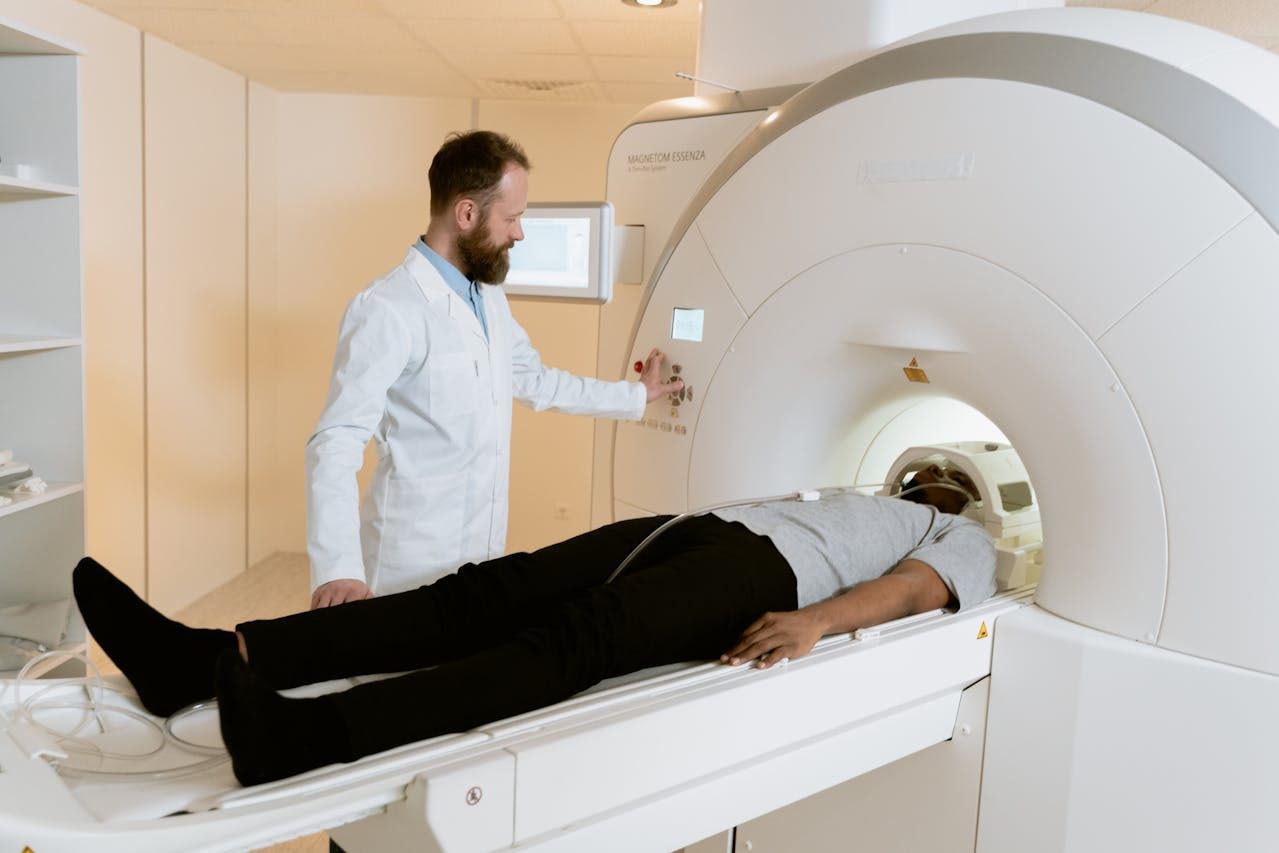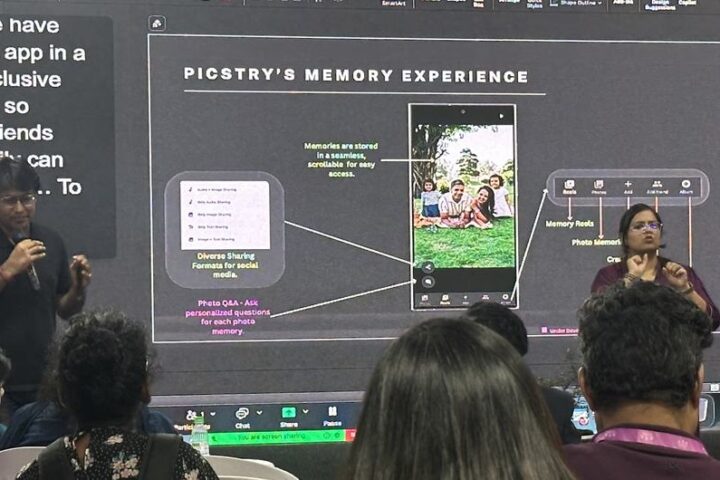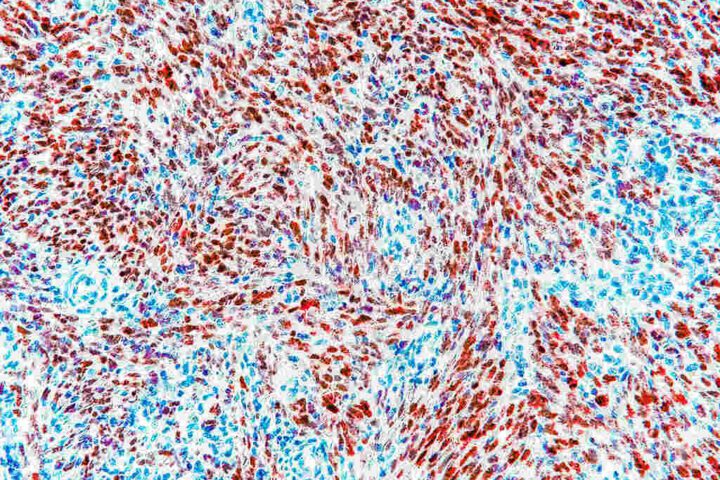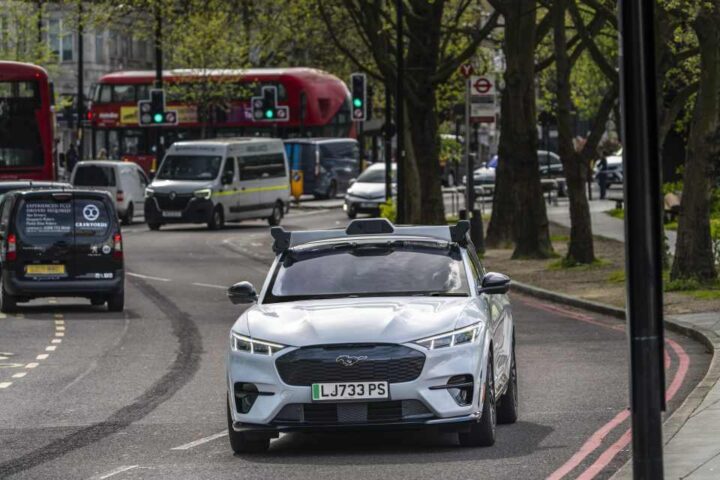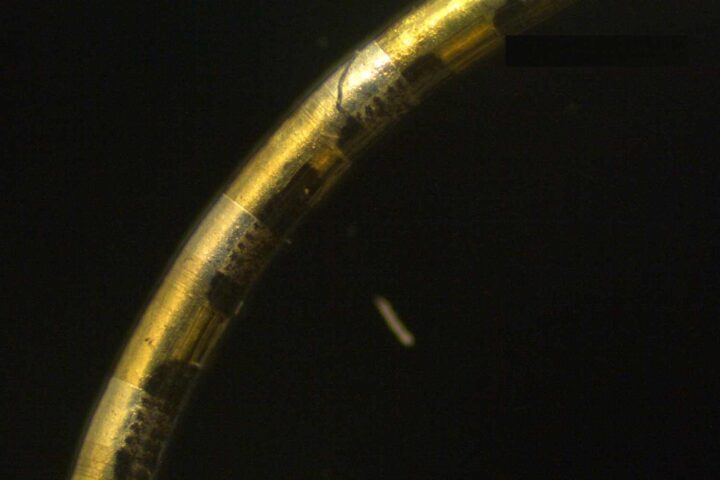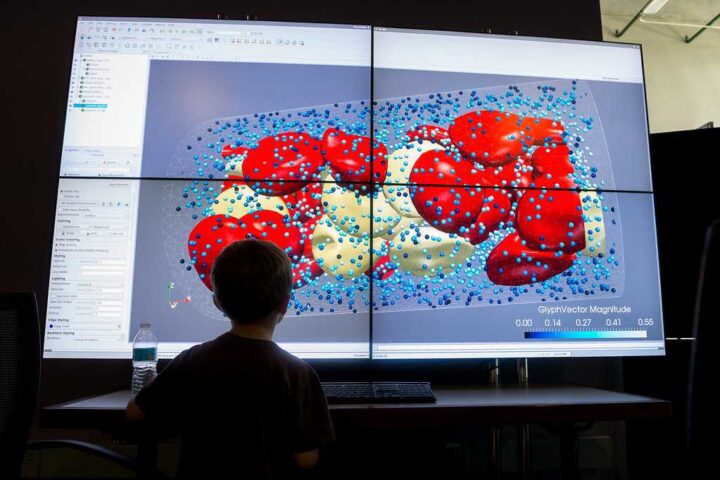NHS England hospitals are using new AI-powered 3D heart scans that have saved nearly £10 million while giving patients faster diagnoses. This technology lets doctors create detailed 3D models of a patient’s heart from CT scans, helping them spot dangerous blockages without invasive procedures.
More than 24,300 people have received these advanced scans at 56 different NHS facilities since the program began in 2021. Each case saves the health service roughly £390 by eliminating unnecessary tests and procedures.
The 3D scan technology, called HeartFlow, analyzes CT images to show how blood flows through heart arteries. This lets doctors spot blockages that could cause heart attacks without needing to insert catheters and dye into patients’ blood vessels – a procedure called an invasive angiogram.
“It is fantastic to see that these revolutionary AI-driven 3D heart scans are transforming cardiac care by significantly reducing the need for invasive tests, speeding up diagnoses, conserving NHS resources, and enabling clinicians to advise patients on the best treatment,” said Dr. Vin Diwakar, national director of transformation at NHS England.
Research published in the medical journal Nature Medicine revealed that this technology decreased the need for invasive angiogram procedures by 7% across all patients. For patients who turned out not to need any further treatment, invasive tests dropped by 16%. The scans also cut the number of repeat heart tests needed within two years by 12%.
Around 2.3 million English residents suffer from coronary heart disease, a condition where fat deposits accumulate in the heart’s blood vessels and reduce oxygen supply to the heart muscle. The traditional diagnosis path often required multiple tests, including invasive procedures with potential risks.
Similar Posts
Following their 3D scan assessment, doctors can now treat many individuals with just medications and lifestyle adjustments, reserving invasive angiograms only for those who might require surgical intervention or stent placement. The tool can even suggest the ideal size and position for a stent.
Sarah Remnant from Portsmouth experienced the benefits firsthand when she was referred to hospital with breathlessness and severe chest pains.
“I wasn’t a classic case, but thanks to this technology, the cause of my symptoms was quickly identified – which possibly saved my life,” she said. “The consultant talked me through the scan, which was empowering as I could fully understand my diagnosis and the plan for treatment.”
The technology works by creating a personalized 3D model of a patient’s coronary arteries from a CT scan. AI then analyzes this model to assess blockages and simulate blood flow. This gives doctors a clearer picture of whether a narrowed artery is actually restricting blood flow enough to cause symptoms or increase heart attack risk.

Dr. Timothy Fairbairn, Consultant Cardiologist and lead clinician on the NHS study, noted: “These results show that this technology reduces the need for tests so that patients only undergo necessary treatments, demonstrating how AI technology can both improve care as well as increase efficiency in the NHS.”
The nationwide adoption of this technology is part of the NHS MedTech Funding Mandate programme, which aims to bring beneficial medical technologies to patients more quickly and fairly. The success of the program highlights how digital health innovations can improve patient care while also helping manage NHS resources.
